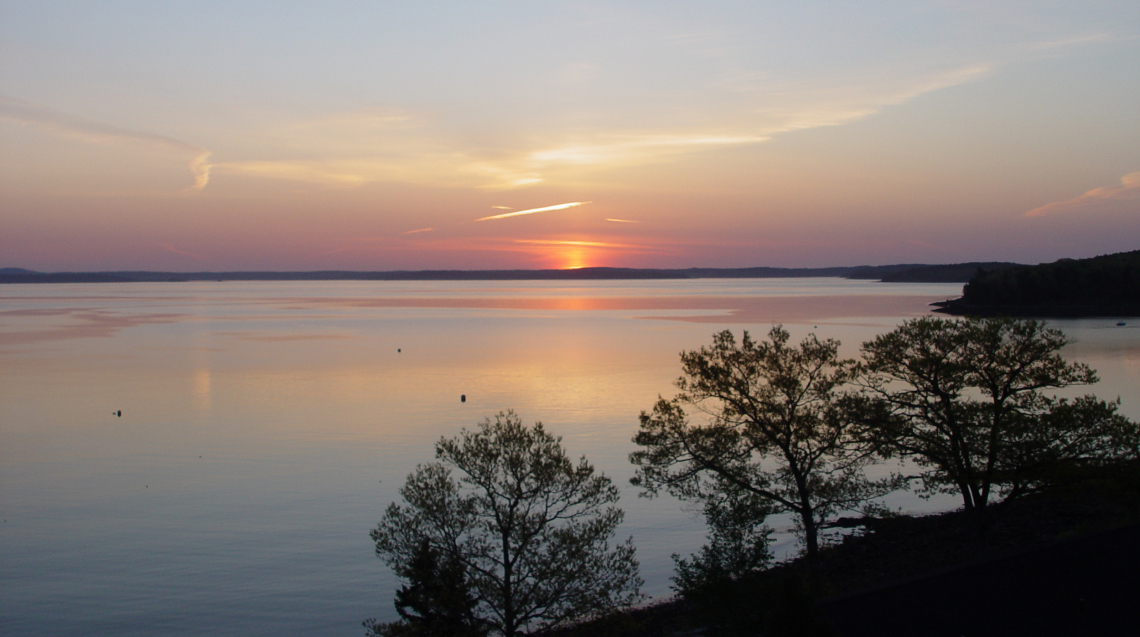September 2020: Laudato Sí: The first five years and beyond

Responding to Pope Francis’ call to better care for our “common home
In the summer of 2015, Pope Francis released his encyclical Laudato Si; a doctrinal call for all humanity to better care for the earth, “our common home.” With this document, the Holy Father moved environmental stewardship from what might have been considered a peripheral concern to a central teaching of the Church. He links the Gospel message of love for God and one another to a love for the natural environment that supports all life on earth. Laudato Sí has become central to the Church’s official teaching on environmental stewardship, and we are all challenged to respond by working for a life-sustaining future.
The past five years have been marked by many changes, most recently, the global health crisis and the accompanying economic hardship. Nevertheless, Laudato Sí’s call to action gains more importance with every passing year. As Catholics, and particularly Maine Catholics, there is much we can do to advance the teaching of Laudato Sí and address Pope Francis’ concern for our common home.
For the past two centuries, human activity has helped ease the burdens of many, cure diseases, and brought billions out of poverty, and for these things, we are thankful. However, much of this activity has created atmospheric pollution in greenhouse gases that trap heat and threaten the world’s continued ability to sustain life. Laudato Sí cites the “very solid scientific consensus” that human-caused climate change poses an existential threat. Pope Francis speaks of a moral imperative to act for “the least among us” – those most vulnerable in an ecologically damaged world. While the wealthiest nations are predominantly responsible for creating most of the greenhouse gases, the world’s poorest bear the heaviest burden as the world heats.
In his encyclical, Pope Francis states: “The ecological crisis…is a summons to profound interior conversion. It must be said that some committed and prayerful Christians, with the excuse of realism and pragmatism, tend to ridicule expressions of concern for the environment. Others are passive; they choose not to change their habits and, thus, become inconsistent. So, what they all need is an ’ecological conversion’ whereby the effects of the encounter with Jesus Christ becomes evident in the relationship with the world around them. Living our vocation to be protectors of God’s handiwork is essential to a life of virtue; it is not an optional or a secondary aspect of the Christian experience” (217).
It has been interesting to see how Laudato Sí has been received throughout the world. While clergy have adopted this teaching, the proliferation among the laity has been somewhat mixed. The global Church moves in fits and starts towards fully engaging with this message, but what can we do, as Catholics living in Maine, to help fulfill this teaching?
On a personal level, we should pray. Pray for the health of God’s intricate creation and for all of us who call it home. Pray for the welfare of those whose very survival is threatened by climate change. Pray for the many more who are anticipated to suffer in the years to come. Pray for effective and equitable solutions from political, business, and religious leaders. Pray for our conversion – a change of heart inspired by God’s call to be good stewards of the earth and all life that depends on its health.
In our parish communities, we can reengage with the dialogue Pope Francis invites us to in Laudato Si. A prayerful reading of the encyclical and starting a parish study group, even if through videoconferencing, can help us experience this conversion and inspire action both individually and on the parish level. We can also join the Catholic Climate Covenant, which the U.S. bishops helped form, and take the St. Francis pledge (catholicclimatecovenant.org).
While these actions are important, advocating for effective policies may, in the end, be the most substantive action we can take to support the message of Laudato Sí.
As Pope Francis states: “There is an urgent need to develop policies so that, in the next few years, the emission of carbon dioxide and other highly polluting gases can be drastically reduced” (26).
Maine has started important work towards its ambitious goals of greenhouse gas reductions. Nationally, it may surprise you to know that there has been a bipartisan movement to find real emissions reductions. In both the U.S. House and Senate, Climate Solutions Caucuses have formed to craft legislation that will help mitigate the climate crisis. Maine is the only state with both U.S. senators serving on the caucuses.
Another notable legislative effort, the “Energy Innovation and Carbon Dividend Act (HR 763),” would impose a fee on fuel producers or importers based on the carbon content of fuels. The money collected would then be returned to taxpayers to offset likely rises in fuel prices. This policy idea received the backing of the U.S. Bishops who state: “This bipartisan bill is a hopeful sign that more and more, climate change is beginning to be seen as a crucial moral issue; one that concerns all people ... it is encouraging that initial analyses suggest that low-income individuals will overwhelmingly benefit from this policy.”
We are all called to be Christ’s body in this world and to work towards the benefit of God and all his creation. On this fifth anniversary of Laudato Si, let us recommit ourselves to its important message by taking action personally, in our parishes, and across our communities, state, and nation.
Sr. Kathleen Smith and Peter Dugas volunteer with Citizens Climate Lobby and are parishioners of Sacred Heart / St. Dominic Parish in Portland.










